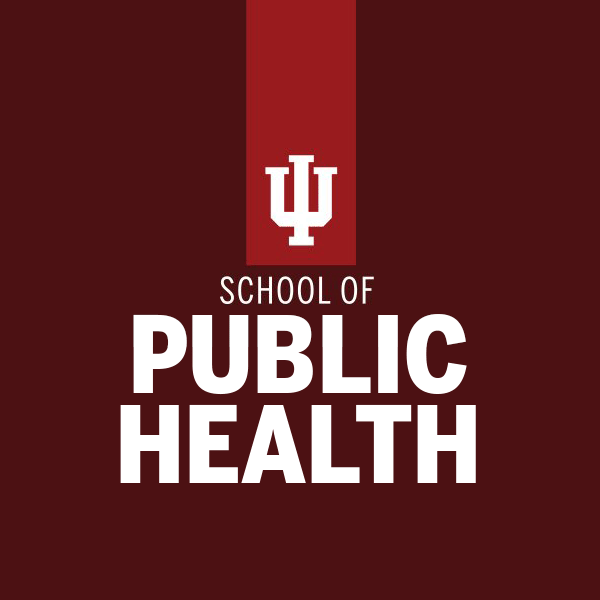Black History Month affords us the opportunity to appreciate and honor the myriad Black scientists and scholars who have influenced and informed the field of public health—and the young scientists and scholars who will go on to make their own mark in the world. The great scientist Dr. George Washington Carver said, "Education is the key to unlock the golden door of freedom." Here in the School of Public Health, we hold the key, and we are opening doors.
In his poem "My Heart Leaps Up," William Wordsworth wrote, "The Child is father of the Man." In The Tempest, William Shakespeare wrote, "What’s past is prologue." And Maya Angelou wrote, "We delight in the beauty of the butterfly but rarely admit the changes it has gone through to achieve that beauty." In thinking about the essence and the importance of Black History Month, I have thought a lot about where we have been, both as a school and as a nation, where we are now, and where we are going. Our history has set the stage for our present. As a nation, it has not always been pretty. It has too often been deeply uncomfortable. But our future is yet to be written. Let us embrace and celebrate diversity, knowing that we —and the field of public health—are the richer for it.
At IU, we have graduated illustrious Black alumni such as Dr. Rod Paige, a child of educators who went on to teach school, to be a college dean and a school superintendent, and to be the first African American person to serve as United States Secretary of Education. Dr. Paige earned a master’s degree and a Doctor of Education degree in Physical Education from IUB and remains a champion of education. Dr. Lem Moyé earned his MD at IU’s Medical School. Dr. Moyé is a physician, an epidemiologist, and a biostatistician and has authored 11 books, including two novels. We are proud to have him as a member of our Dean’s Alliance.
As a School of Public Health, we are young, but we are growing, and the future is bright. We have attracted more underrepresented students and faculty than ever before, and we will continue to build on this, to hire the faculty and welcome the students who will go out and change the face of public health. As Dr. Rita Colwell, first woman director of the National Science Foundation and a member of our Dean’s Alliance, so aptly points out in her book A Lab of One’s Own: One Woman’s Personal Journey Through Sexism in Science, this means pulling the best and the brightest from every demographic. We cannot limit ourselves if we are to reach our full potential. Our nation is making ever greater strides in embracing this reality and celebrating the diversity that makes America great. Among the most recent round of fellows elected to the American Association for the Advancement of Science was Dr. Mae Jemison, a physician and the first Black woman to travel into space, as an astronaut aboard the Space Shuttle Endeavour.
Over the past year, our Distinguished Colloquium Speaker Series included great African American scholars such as Dr. Griffin Rodgers, director of the NIDDK; Dr. Michelle Williams, dean of faculty for the Harvard T.H. Chan School of Public Health; Dr. Deborah Prothrow-Stith, dean and professor of medicine for the College of Medicine at Charles R. Drew University of Medicine and Science; Dr. Jandel Allen-Davis, president and CEO of Craig Hospital in Denver, Colorado; and Dr. Chavonda Jacobs-Young, administrator for the U.S. Department of Agriculture’s Chief Research Agency. This month, we will host Keith Whitfield, president of the University of Nevada, Las Vegas, and at the end of April, we welcome Dr. Charles Rotimi, scientific director in the Division of Intramural Research of the National Human Genome Research Institute at the NIH. Dr. Rotimi came to the U.S. from Nigeria to study health care administration at the University of Mississippi, where he earned his bachelor’s and master’s degrees. He returned to Nigeria and worked at a local health ministry but chose to come back to the states to pursue an MPH and a PhD in epidemiology at the University of Alabama at Birmingham—my old stomping grounds. We are incredibly honored to have Dr. Rotimi as a Distinguished Colloquium speaker this spring.
While we strive for and celebrate diversity every day, this month in particular is when we recognize the central role Black and African American scientists and scholars have played and will continue to play in our school, our university, and our nation. I hope you will join me in taking time to reflect on our Black colleagues’ many accomplishments and the vast potential in our students of color. Together, we are writing a prologue we will be proud of. Carpe diem!
David B. Allison, Ph.D.
Dean


